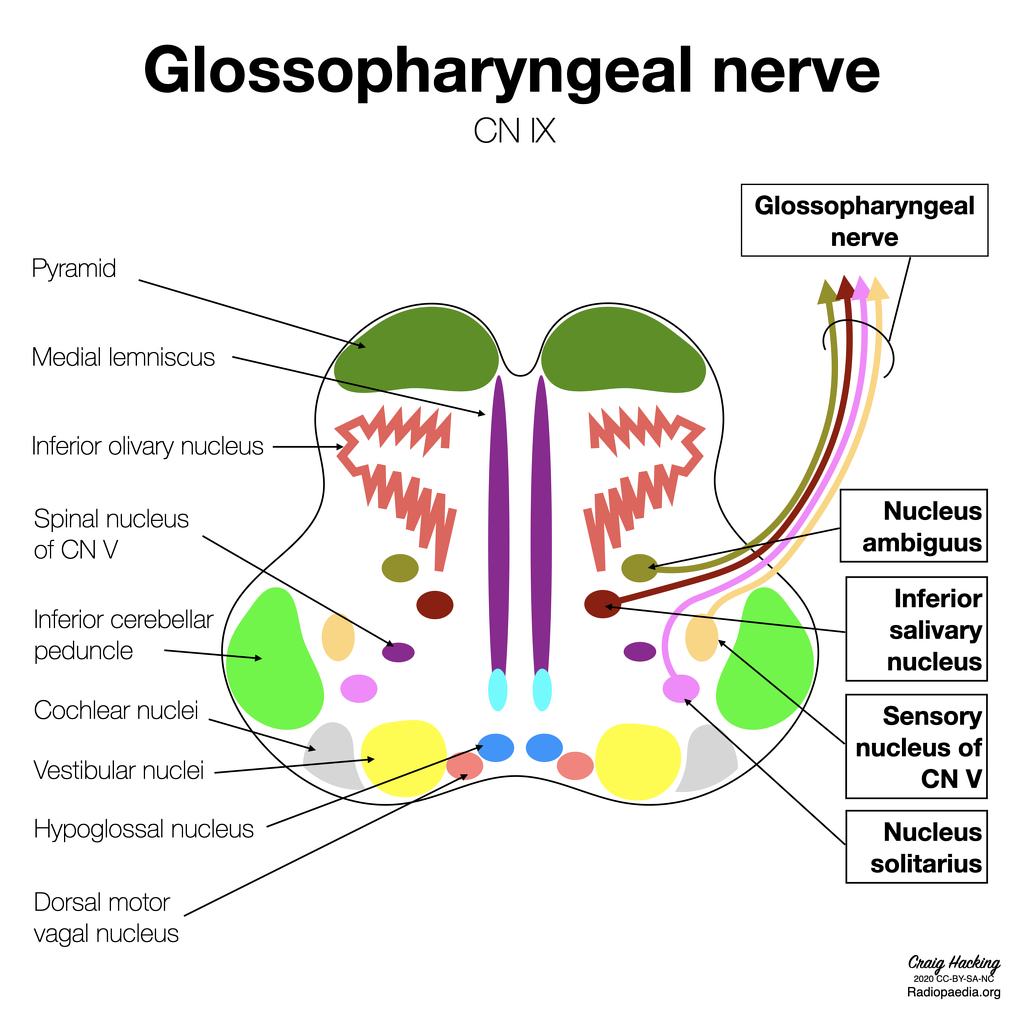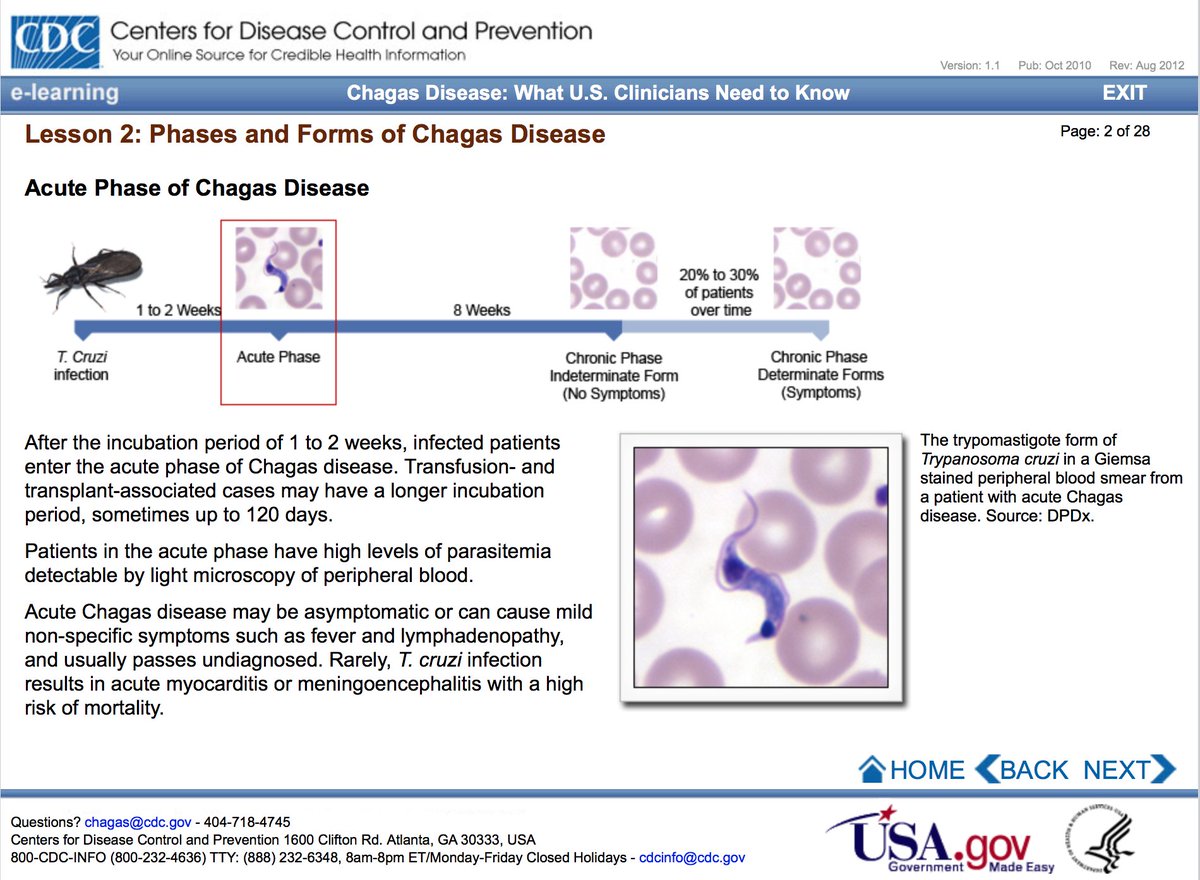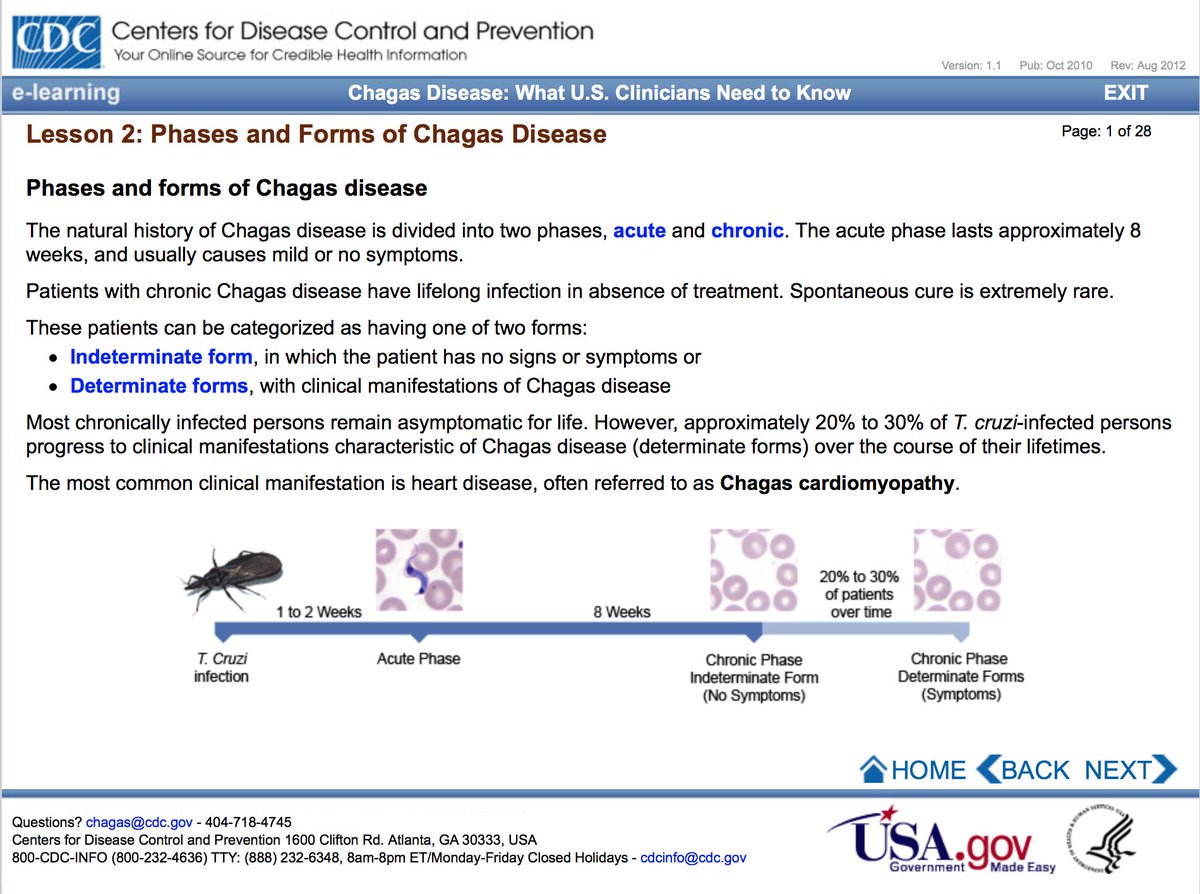1/ THREAD: Chagas Disease, the Vagus Nerve and #SARS_CoV_2
So, I was thinking more about #COVID19 and the continued neurologic symptoms that are reported specifically by #LongHaulers with #LongCovid.
Particularly, I kept coming back to the heart, and symptoms of dysautonomia. https://twitter.com/ErinSandersNP/status/1347735950332456961
So, I was thinking more about #COVID19 and the continued neurologic symptoms that are reported specifically by #LongHaulers with #LongCovid.
Particularly, I kept coming back to the heart, and symptoms of dysautonomia. https://twitter.com/ErinSandersNP/status/1347735950332456961
2/ HUGE H/T to the AMAZING patient led research on #COVID19 done by @ahandvanish @AthenaAkrami and colleagues to quantify symptoms of #LongCovid and #LongHaulers. @WHO @CDCgov https://www.medrxiv.org/content/10.1101/2020.12.24.20248802v2
3/ #SARS_CoV_2 has already been found in the vagal nerve, as well as the glossopharyngeal per a recent German study on deceased patients with #COVID19:
https://www.thelancet.com/journals/laneur/article/PIIS1474-4422(20)30308-2/fulltext https://twitter.com/ErinSandersNP/status/1320250584285483008?s=20
https://www.thelancet.com/journals/laneur/article/PIIS1474-4422(20)30308-2/fulltext https://twitter.com/ErinSandersNP/status/1320250584285483008?s=20
4/ These 2 cranial nerves actually have a lot of overlap with their involved cranial nuclei.
Could the glossopharyngeal nerve in the mouth, an area of possible transmission, serve as a direct route for #SARSCoV2 to the vagus nerve?
Obviously, a lot more research is needed!
Could the glossopharyngeal nerve in the mouth, an area of possible transmission, serve as a direct route for #SARSCoV2 to the vagus nerve?
Obviously, a lot more research is needed!
5/ Impressive autopsy/path work has been done looking at the heart in particular. Big shout out to @SharonEFoxMD and colleagues in Louisiana for 3(!) published papers on the cardiac pathologic impact of #SARSCoV2 & #COVID19.
Most recently:
https://www.ahajournals.org/doi/10.1161/CIRCULATIONAHA.120.049465
cc: @EricTopol
Most recently:
https://www.ahajournals.org/doi/10.1161/CIRCULATIONAHA.120.049465
cc: @EricTopol
6/ And while issues with the microvasculature have clearly been documented in the heart, I haven’t read much about the nerves.
So, then I started thinking if there were any existing diseases that damage the vagus nerve specifically and how they do so…
Enter Chagas Disease lol
So, then I started thinking if there were any existing diseases that damage the vagus nerve specifically and how they do so…
Enter Chagas Disease lol
7/ Admittedly, I definitely stumbled into a rabbit hole on this one:
https://www.cdc.gov/parasites/chagas/
You’ve probably never heard of Chagas Disease.
It is an understudied tropical disease that predominantly effects impoverished people in rural areas of Latin America.
https://www.cdc.gov/parasites/chagas/
You’ve probably never heard of Chagas Disease.
It is an understudied tropical disease that predominantly effects impoverished people in rural areas of Latin America.
8/ The disease is caused by a parasite (Trypanosoma cruzi) and primarily transmitted to animals and people by the feces of insect vectors
Also transmission via blood transfusion, organ transplant, congenital, consumption of contaminated uncooked food & accidental lab exposure
Also transmission via blood transfusion, organ transplant, congenital, consumption of contaminated uncooked food & accidental lab exposure
9/ In terms of prevalence the CDC estimates that as many as 8 million people in Mexico, Central America, and South America have Chagas disease, most of whom do not know they are infected.
If untreated, infection is lifelong and can be life threatening...
If untreated, infection is lifelong and can be life threatening...
10/ Notably, Chagas disease is not transmitted from person-to-person like a cold or the flu or through casual contact with infected people or animals.
That’s great Erin…but why do we care?
A few reasons! Stick with me! :)
[please excuse several toddler interruptions]
That’s great Erin…but why do we care?
A few reasons! Stick with me! :)
[please excuse several toddler interruptions]
11/ 1) 1-2 week incubation period
2) The severity and course of an individual infection can vary based on a number of factors, including the:
- Age at which a person became infected
- Way in which a person acquired the infection
- Particular strain of the T. cruzi parasite
2) The severity and course of an individual infection can vary based on a number of factors, including the:
- Age at which a person became infected
- Way in which a person acquired the infection
- Particular strain of the T. cruzi parasite

 Read on Twitter
Read on Twitter





